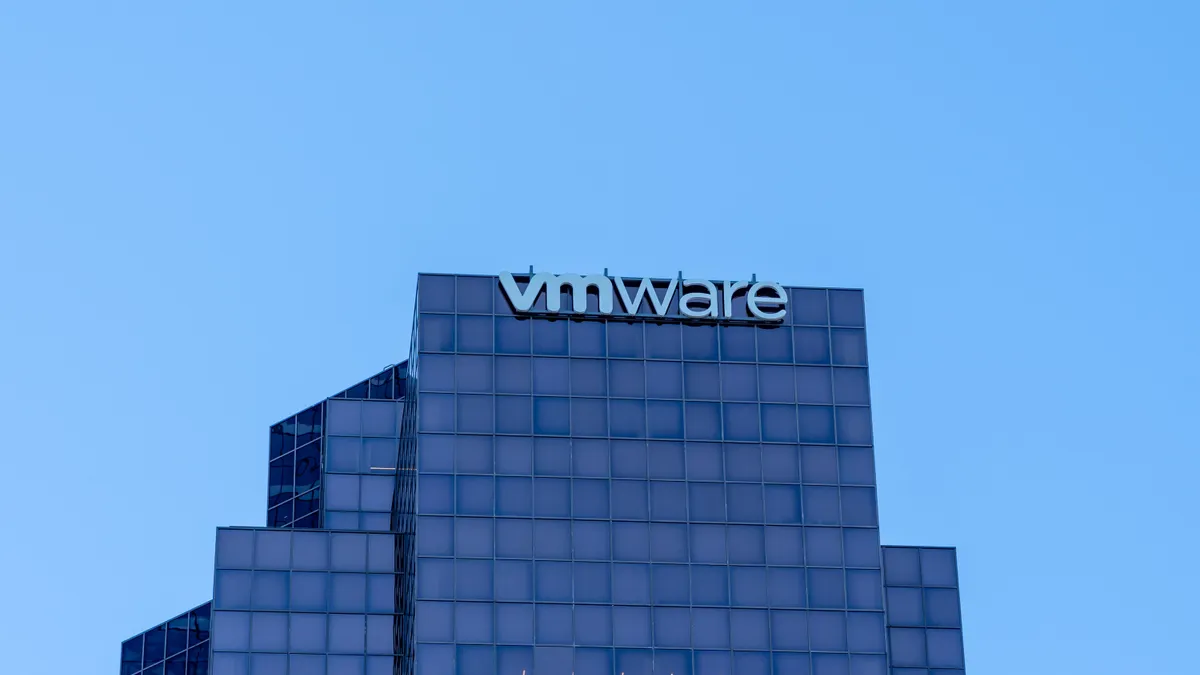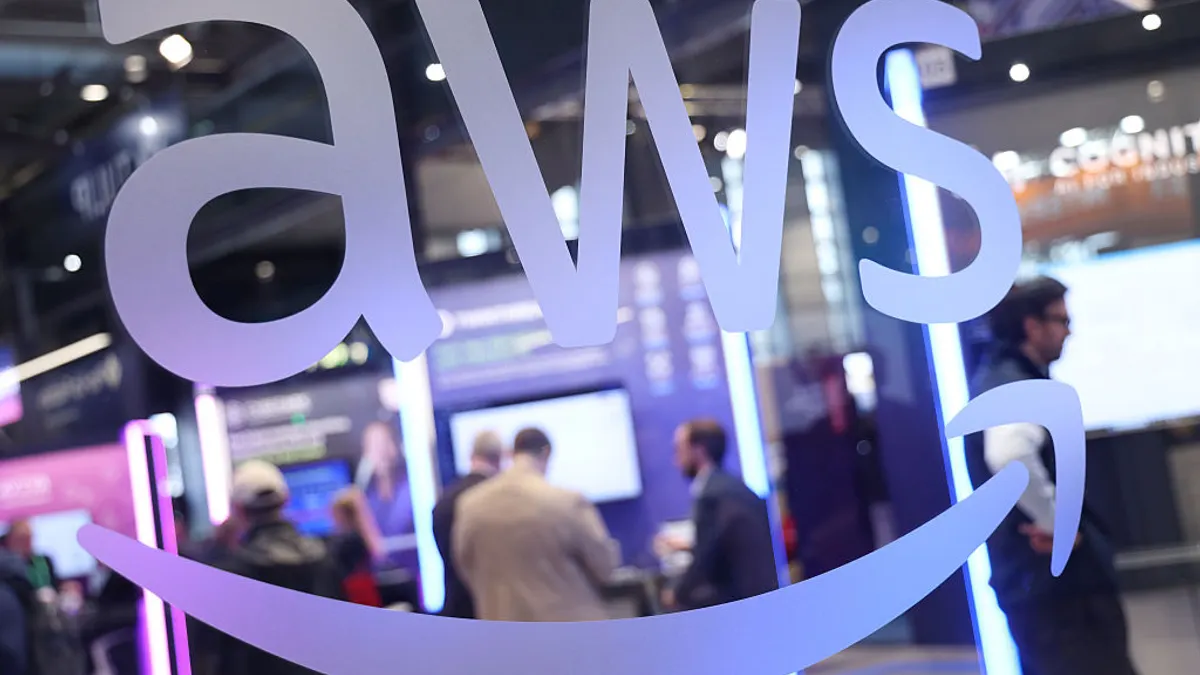Dive Brief:
- Broadcom took the training wheels off VMware Cloud Foundation 9.0, making the private cloud virtualization software bundle generally available to customers Tuesday, the company said in an announcement.
- VCF 9.0, which the company teased last summer and put in public beta pre-release in April, was designed to provide the functionality of public cloud in an on-premises environment. The integrated platform includes a unified resource management interface, vSphere Kubernetes Service container capabilities and built-in cost analytics, as well as a suite of cloud-like add-on services, according to Broadcom.
- “We've been on a journey to build this platform for the last seven years,” Broadcom VP of VMware Product Marketing Prashanth Shenoy said during a briefing last week. “But in the last 18 months, we have taken a fundamental shift towards what is truly needed to make the operator experience, the developer experience frictionless, simple and done at scale.”
Dive Insight:
VMware’s private-cloud journey has been a tumultuous one, marked by Broadcom’s $61 billion acquisition of the enterprise software provider and a major overhaul of the company’s nearly ubiquitous product line.
Broadcom telegraphed its intent shortly after the deal closed in November 2023. In short order, the chip manufacturing giant eliminated perpetual licensing in favor of subscription-based billing and packaged thousands of individual VMware offerings into four basic bundles.
Many customers flinched at the cost. AT&T took Broadcom to court claiming it faced a 1,050% spike in its VMware bill but would require more than a year and investments of up to $50 million to migrate off the software. The two companies agreed to settle the dispute in November.
VCF 5.2, the first iteration of the private cloud platform under Broadcom, arrived in June 2024, just two months before VMware announced plans for VCF 9.0. The rollouts paralleled a movement among enterprises to optimize public cloud spend and reconsider on-premises compute options.
“We are seeing a cloud reset happening in the market,” Shenoy said. “Private cloud is now seen as the strategic equal of public cloud.”
For current customers, the shift to VCF 9.0 is more like an upgrade than a migration, according to Shenoy. The platform includes built-in functions to import existing vSphere virtual servers, NSX virtual networks and vSAN storage environments, he said.
The private cloud push has been a success. Broadcom CEO Hock Tan noted that the company had already converted 87% of its 10,000 largest VMware customers to VCF bundles, during an earnings call earlier this month.
“Broadcom wants customers to invest in VCF, and they've made it very attractive by creating a discounting and sales structure that heavily favors VCF and making it less attractive for you to buy anything else,” Gartner VP Analyst Tony Harvey said.
Nevertheless, the bundled offering can be a lot for IT to swallow.
Some CIOs would prefer the smaller vSphere Enterprise Plus package, Harvey said.“They’ve already got significant investments in external storage and they don’t need VCF,” he added.
For IT shops that are ready to go all-in on VCF, the investment may be worth it.
“If VMware is able to deliver on the promises or the roadmap that they set for themselves with VCF 9, it is going to be extremely good for the companies that continue with VMware,” Forrester Principal Analyst Naveen Chhabra said.
However, Chhabra added, “if VMware, with its erstwhile engineering workforce, was not able to make these integrations happen, how quickly is Broadcom going to be able to deliver on that promise?”
















